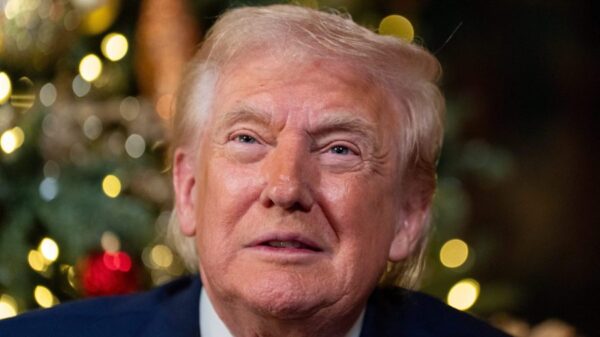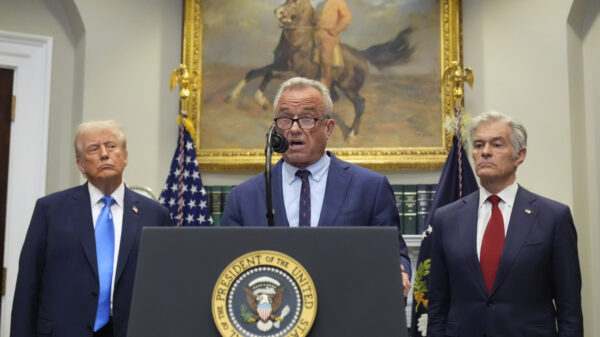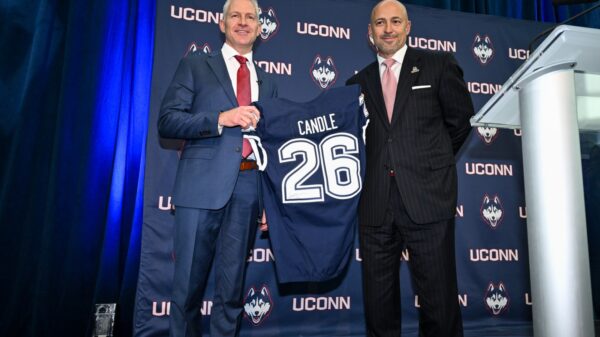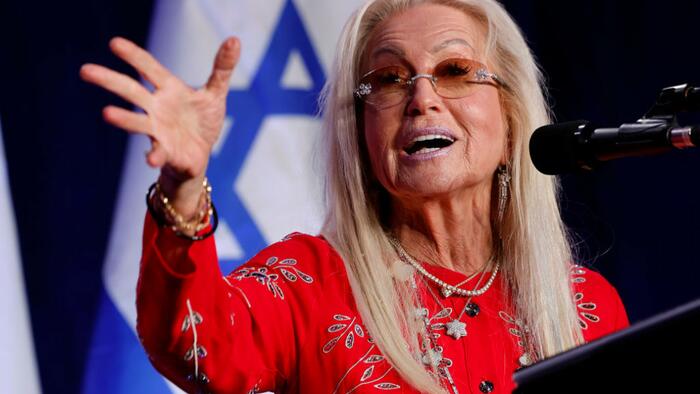A newly established Super PAC, named “MAGA Kentucky,” is targeting Republican Congressman Thomas Massie in a primary challenge. This initiative is entirely funded by three billionaires who are known for their support of Israel, with total contributions amounting to $2.25 million. The PAC was launched in June 2025, shortly after Donald Trump expressed frustration over Massie’s opposition to U.S. military support for Israel amidst its ongoing conflict with Iran.
Massie has a history of opposing Trump’s policies, notably rejecting the $2 trillion COVID-19 relief package in 2020 and voting against this year’s expansive infrastructure bill. His recent stance against U.S. involvement in Israel’s military actions appears to have provoked this concerted campaign against him. Trump has assigned key political operatives, Tony Fabrizio and Chris LaCivita, to manage the Super PAC, with LaCivita asserting that they will spend “whatever it takes” to ensure Massie’s defeat.
The funding disclosures filed with the Federal Election Commission reveal the PAC’s financial backers. These include hedge fund manager Paul Singer, who contributed $1 million, and Florida-based hedge fund manager John Paulson, who donated $250,000. The PAC also received $750,000 from the Preserve America Super PAC, which has been primarily funded by Miriam Adelson, a prominent figure in pro-Israel advocacy.
Massie has publicly criticized the motivations behind the PAC, emphasizing that its funders are not Kentuckians and are driven by interests that contradict local values. He tweeted, “Three billionaires from New York City and Las Vegas have funded a super PAC… because I vote against foreign aid for Israel and needless wars in the Middle East. Kentuckians aren’t falling for it.”
The PAC’s campaign strategy includes running negative advertisements that misrepresent Massie’s voting record. These ads accuse him of siding with Iran’s leadership and opposing significant legislative efforts, framing him as out of touch with his constituents. For instance, one advertisement claims, “Massie sided with Democrats and the Ayatollah.”
In addition to his opposition to foreign military aid, Massie has challenged legislation that critics argue would silence dissent against Israel. He voted against the Antisemitism Awareness Act, which would broaden the definition of antisemitism and potentially penalize universities for allowing criticism of Israeli policies. He has also introduced the Dual Loyalty Disclosure Act, which mandates that federal candidates disclose any non-American citizenships. Although this proposal drew accusations of antisemitism, Massie insists it addresses broader questions of loyalty to the U.S. Constitution.
First elected to Congress in 2012, Massie has garnered support among libertarians and conservatives, positioning himself as a fiscal hawk and a proponent of non-interventionist foreign policy. His efforts in Congress include pushing for transparency regarding the investigation into Jeffrey Epstein, collaborating with Democratic Representative Ro Khanna on the Epstein Files Transparency Act.
The backlash against the PAC’s funding campaign is prompting a surge in support for Massie. Prominent figures within his political base are rallying to contribute to his campaign, with many expressing their commitment to backing him amid the negative attacks.
As the political landscape evolves, Massie’s situation raises questions about the influence of wealthy donors in shaping local elections and the dynamics of party loyalty in a polarized environment.







































































